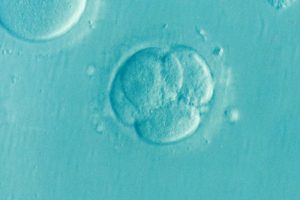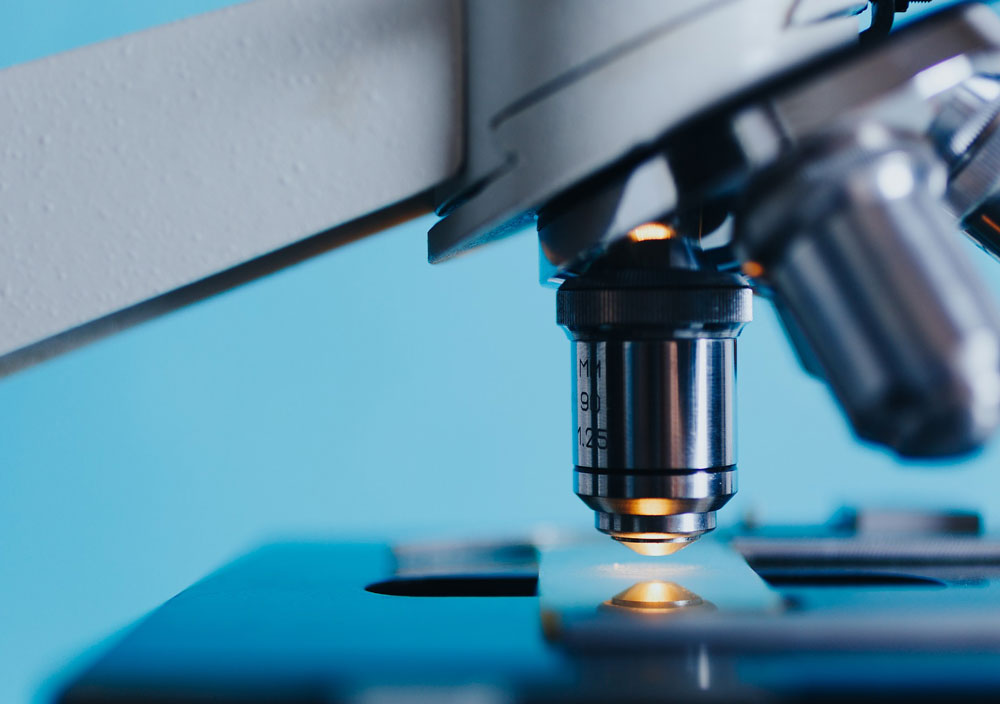
In-vitro Fertilization (IVF)
In vitro fertilization (IVF) has been around since 1978 and is considered to be the most effective of all artificial reproductive assistance options.
The IVF process involves stimulating the ovaries to enhance egg production, causing many eggs to be retrieved during a cycle before being fertilized by sperm in a laboratory. Only the best quality of eggs are fertilized and it is common for retrievals to yield anywhere from a few eggs to more than 15. Once the eggs have been fertilized, the embryos take between two and five days to develop before one or more are transferred into the uterus for implantation. Remaining eggs and embryos can then be cryopreserved, either for your future cycles and attempts or for donation to help others conceive.

Cost
IVF is the most expensive assisted reproduction procedures and ranges from around $4,000 to over $20,000 depending on the fertility clinic, testing, monitoring and medications are needed. It also depends on whether you use frozen sperm from a cryobank or known donor (known donor sperm requires additional testing and washing) and what type of blood work or monitoring is required. In addition to the cost of the IVF procedure itself, donor sperm from a cryobank will cost anywhere from approximately $350 to $1200, depending on which cryobank you use, whether it is an anonymous or ID release donor, and what type of vial you purchase (ART is typically the most cost effective, but some clinics require you to purchase unwashed sperm so their laboratory can wash the sample).
Donor options
As a single woman, it is typically easier to use frozen sperm from a cryobank because it has already undergone rigorous testing and is easier to access. For IVF, any type of vials (ICI-ready, IUI-ready, ART) may be used but oftentimes ART vials are the most cost effective. However, there are clinics that prefer ICI-ready (unwashed) vials be ordered because the clinic prefers to use their laboratory to wash the sperm. If you prefer using a known donor, that is a possibility as well. However, in order for known donors to be used, most fertility clinics require testing and joint counseling for both parties before treatment can begin.
Leading up to IVF
In order to prepare for your treatment, your fertility clinic will order a series of blood work to determine course of action to help get your body prepared. It is possible that your insurance will cover such testing, if it is performed by an in-network lab. It is also possible, if you are using a fertility clinic but live several hours away, to coordinate some of the testing and monitoring efforts with your OB/GYN office.
IVF does require hormone treatments in order to stimulate the ovaries and those come in the form of self-administered injectables. Typically, you will need to inject medications for up to 10 days but some clinics may have their patients inject for longer periods of time both before and after IVF. While the injections beforehand are designed to enhance ovulation, progesterone injections may be prescribed afterwards in order to aid implantation and help prevent miscarriage.
Usually, the injection sites are either in the belly or front of your thigh and while this may sound too difficult to tackle on your own, it is often not nearly as traumatic as it is imagined it to be. If you notice unusual symptoms (redness, bruising, irritation, etc) near the injection areas, contact your fertility clinic for advice; if that happens and you are using more than one medication at a time, your clinic may ask you to inject each medication into a separate location so you can identify exactly which medication is causing the reaction.
What to expect during IVF
The IVF process is complex but it is a relatively painless outpatient procedure. While the process does not differ very much between clinics, it is always best for you to ask the fertility clinic(s) you are considering what their procedures are. However, this section is useful for gaining insight on what to expect.
Egg Retrieval: Once the follicles within each ovary have developed it is time for egg retrieval, which takes approximately 20 to 30 minutes. Your doctor will administer a pain medication or mild anesthesia and, while monitoring with ultrasound, will insert a tiny needle through your vagina to remove fluid from your ovaries. Within the fluid are your eggs, which will be placed into a dish with a culture medium and then moved to an incubator. Your part is done and you will be able to go home after the medication wears off, although some fertility clinics require you to have someone who will be able to transport you home.
You may feel some discomfort including soreness, feeling full or heavy, pressure or cramping, and possibly spotting, all of which is normal. It is important to avoid intercourse, strenuous activities (no heavy lifting, running, or aerobics) for approximately two weeks after egg retrieval day. This is due to the ovaries remaining enlarged (up to 10 weeks into pregnancy, or with your next menstrual cycle if you do not become pregnant), the possibility of having remaining eggs and also because you will soon have embryos transferred and need to take precautions during the two week wait.
Fertilization: Once the eggs and sperm have been prepared, it is time for fertilization. There are two methods a fertility clinic may use to fertilize eggs: conventional insemination and intracytoplasmic sperm injection (ICSI).
Conventional insemination is when sperm and eggs are mixed together and allowed to naturally fertilize overnight while incubated. ICSI is when each single sperm is directly injected into each egg, typically being used for low motility sperm or if previous IVF cycles have failed.
Sometimes, fertility clinics will recommend assisted hatching for previously frozen eggs or embryos, for women who are older or for women who have had more than one failed IVF cycles. Assisted hatching is when a hole is made in the embryo to assist it with hatching and implantation once transferred.
Genetic testing (known as PGS testing) is usually offered as an option after fertilization and before embryo transfer, which helps determine the highest quality of embryos. Since it is common for miscarriages and failed IVF cycles to be the result of chromosomal abnormalities, research has shown that using PGS testing and transferring only chromosomally normal embryos provides up to a 23% increase in the success rate of IVF.
Embryo Transfer: Embryo transfer day occurs after the embryos have developed, which is anywhere between 2 to 5 days after egg retrieval day. The doctor will again administer mild pain medication and/or a mild sedative and insert a long, flexible tube will be inserted through the cervix into the uterus to transfer the embryo(s) into your uterus.
If the procedure was successful, an embryo will implant into the uterus within 10 days after egg retrieval day.
What to expect after IVF
After IVF, you may experience cramping and this is completely normal. It is best to take it easy for the remainder of the embryo transfer day. From this point onward, it is best to behave as though you are already pregnant: eat well, pamper yourself, and avoid extreme temperatures and strenuous activities (light exercise is good, but avoid HIIT and stop if you feel discomfort or pain, avoid raising your core body temperature and keep your heart rate under 140).
Your fertility clinic may want to monitor you further, but typically clinics only need to be notified if the procedure was a success (after being confirmed by a BETA test performed by your physician or OB/GYN). Find out what to expect during the two week wait (tww)!
How Ovulation Works
Best Ways to Improve Fertility
Conception Options
How Ovulation Works
Best Ways to Improve Fertility
Conception Options
Browse all Articles:
Trying to Conceive
Pregnancy
Motherhood
Self Care
SingleMomsByChoice.org is run by single moms by choice for single moms by choice, dedicated to helping educate, enlighten and empower women who are thinking about or who have decided to have a child “on their own” through donor insemination, egg or embryo donation, adoption or other assisted means.


